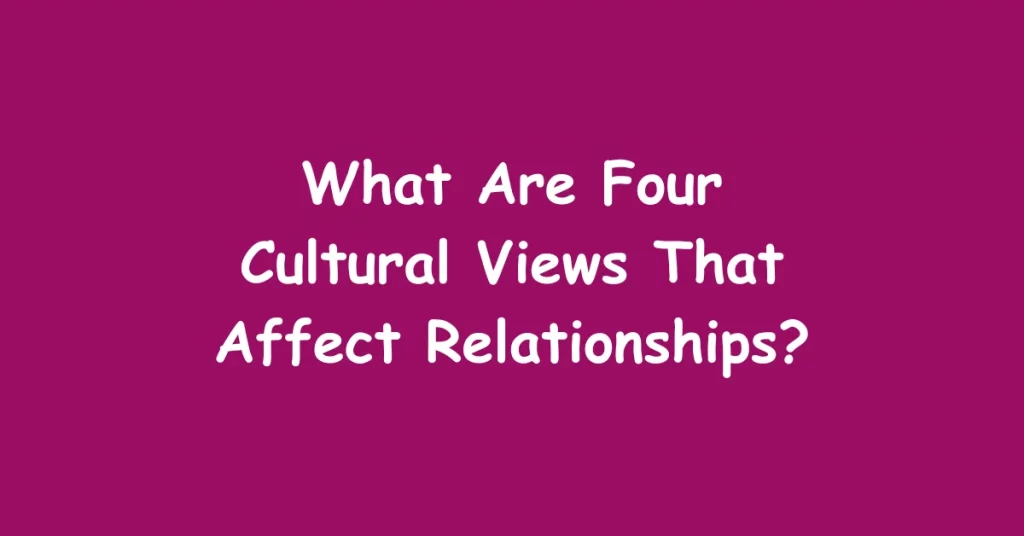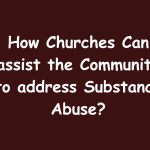South Africa is often called the Rainbow Nation because it has so many different cultures. These cultures shape how people make friends, fall in love, have relationships and build families. Let’s look at four big cultural ideas that really change how relationships work in South Africa.
1. Ubuntu Philosophy
Ubuntu is a big idea in many South African cultures. It basically means “I am because we are.”
What Ubuntu Means for Relationships:
- Community Matters: Ubuntu says the group is more important than just one person.
- Helping Each Other: People are supposed to take care of one another.
- Respecting Older People: Grandparents and older relatives are really important and give advice.
- Solving Problems Peacefully: Ubuntu teaches people to fix fights without getting angry.
How Ubuntu Changes Relationships:
- Big Families Are Important: Aunts, uncles, and cousins are a big part of your life.
- Marriage Joins Families: When two people get married, it’s like their whole families are getting married too.
- Forgiveness Is Key: People try hard to make up after fights.
- Group Decisions: When making big choices, people often ask their family and friends what they think.
For example, if you wanted to get married, you might ask your whole extended family for their blessing first.
2. Old-Fashioned Gender Roles
Even though South Africa is trying to make things fair for everyone, some old ideas about what boys and girls should do still exist, especially in small towns and villages.
What These Old Gender Roles Look Like:
- Men in Charge: Often, people think men should be the boss at home.
- Different Jobs for Boys and Girls: Some people think certain chores are just for girls or just for boys.
- Bride Price: In many cultures, a man has to pay the woman’s family before they get married.
- Older Men Make Rules: Grandfathers and older uncles often get to make important decisions.
How These Gender Roles Affect Relationships:
- Who Decides What: Men might make most of the big decisions in a relationship.
- Housework: Women might be expected to do most of the cooking and cleaning.
- Dating and Getting Married: There are often specific rules about how to date and get married.
- New Ideas vs. Old Ideas: Young people might disagree with their parents about these roles.
For instance, a girl who wants to be a doctor might have to convince her family it’s okay for her to focus on school instead of learning to cook.
3. Lots of Different Races and Cultures
South Africa used to have unfair laws that kept people of different races apart. Even though those laws are gone now, they still affect how people act with each other.
What This Diversity Means:
- 11 Official Languages: People speak many different languages, which can make talking to each other tricky.
- Mixed Relationships: More and more people are dating or marrying someone from a different race or culture.
- Old Hurts: Some people still remember when races were kept apart, and it makes them uncomfortable.
- Being Proud of Your Culture: Many South Africans really love their own cultural traditions.
How This Diversity Affects Relationships:
- Mixed-Race Couples: These couples might face some extra challenges.
- Learning New Things: People in relationships often teach each other about their different backgrounds.
- Language Barriers: Sometimes partners have to learn new languages to talk to each other’s families.
- Young People Are More Open: Younger South Africans are usually more okay with different kinds of relationships.
For example, if you dated someone from a different culture, you might have to learn a whole new language to talk to their grandparents!
4. New Ideas from Other Countries
As South Africa grows and changes, ideas from places like America and Europe are changing how people think about relationships.
What These New Ideas Look Like:
- Thinking About Yourself: More people are focusing on their own goals and dreams.
- Dating Like in the Movies: The kind of dating you see in Western TV shows is becoming more common in cities.
- Social Media: Apps and websites are changing how people meet and talk to each other.
- Different Family Types: Small families with just parents and kids are becoming more common, instead of big extended families.
How These New Ideas Change Relationships:
- Long-Distance Love: Better technology means you can have a relationship with someone far away.
- Different Kinds of Relationships: More people are okay with things like living together before marriage or same-sex relationships.
- Career First: Some people are waiting longer to get married or have kids so they can focus on their jobs.
- Finding Love Online: Many people use dating apps to meet new partners.
For instance, a young person in a big city might use a dating app to find a boyfriend or girlfriend, which their parents never would have done.
How These Four Views Mix Together?
These four big ideas about relationships don’t exist all by themselves. They often mix together or sometimes clash:
- A young person working in a big city might try to balance Ubuntu (helping their family) with focusing on their own career.
- A couple from different races might have to deal with both old-fashioned gender roles and new ideas about equality.
- A same-sex couple might find that people in cities accept them, but people in small towns don’t.
Challenges in South African Relationships
Having so many different views on relationships can cause some problems:
- Generation Gap: Young people often think differently about relationships than older people.
- Culture Clash: Partners from different backgrounds might expect different things.
- Old vs. New: Many people struggle to keep their traditions while also trying new ways of doing things.
- Family Pressure: Some relationships aren’t accepted by families or communities.
Good Things About Cultural Diversity in Relationships
Even though there are challenges, having lots of different cultures also brings good things to relationships:
- Learning New Things: Partners teach each other about their different backgrounds.
- Being Open-Minded: Seeing different ways of doing things helps people be more understanding.
- Better Communication: Figuring out cultural differences can help people talk better.
- Rich Traditions: Couples can mix different cultural practices to make their relationship unique.
Tips for Handling Cultural Differences in Relationships
- Talk Openly: Discuss your cultural expectations with your partner.
- Respect Differences: Try to understand and appreciate each other’s backgrounds.
- Be Flexible: Be willing to try new ways of doing things.
- Keep Learning: Study your partner’s culture and share yours too.
- Find Support: Connect with other couples who have different cultural backgrounds.
How School Shapes Views on Relationships?
Education plays a big role in how South Africans think about relationships:
- Schools are teaching kids to accept different kinds of relationships.
- Universities help students meet people from many different backgrounds.
- There are classes for adults to learn about how society is changing.
Laws About Relationships in South Africa
South African law recognizes different types of relationships:
- Regular marriages
- Traditional marriages (following old African customs)
- Civil unions (including same-sex partnerships)
- Living together (though this doesn’t have as many legal protections)
These laws try to balance old traditions with new ideas about freedom and rights.
How Money Affects Relationships?
The economy in South Africa also changes how cultural views affect relationships:
- High unemployment might make people wait longer to get married or have kids.
- Rich people and poor people dating each other might face extra challenges.
- Money problems might make some families stick to old-fashioned gender roles.
The Future of Relationships in South Africa
As South Africa keeps changing, ideas about relationships will probably change too:
- More people moving to cities might lead to more Western-style relationships.
- People will likely become even more accepting of different kinds of relationships.
- Old traditions might change to fit modern life instead of disappearing completely.
- Technology will probably become even more important in how people date and have relationships.
Conclusion
The cultural views that affect relationships in South Africa are just as diverse and complicated as the country itself. From the Ubuntu philosophy that says “we’re all connected” to new ideas coming from other countries, these views shape how South Africans make friends, fall in love, and build families.
Understanding these different cultural views is super important for anyone in a relationship in South Africa. Whether you’re trying to figure out your own cultural background or dating someone from a different culture, knowing about these views can help you build stronger, happier relationships.
As South Africa continues to grow as a Rainbow Nation, its relationships will keep showing how beautifully complex the country’s culture is. By understanding each other, respecting differences, and talking openly, South Africans can create relationships that are just as rich and diverse as the country they call home.








